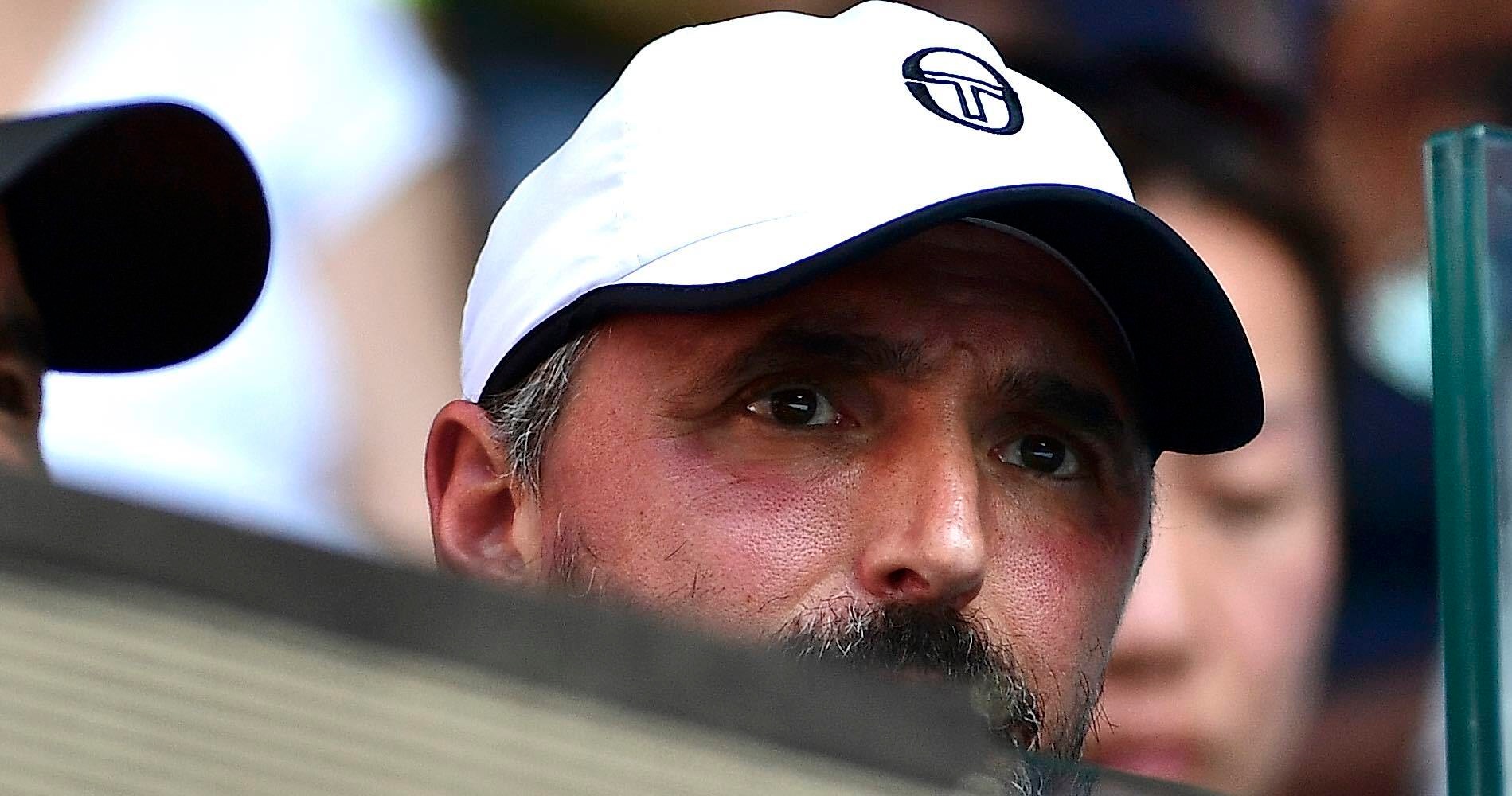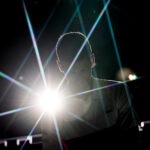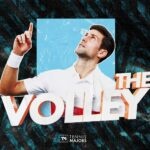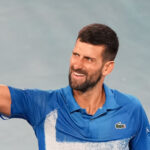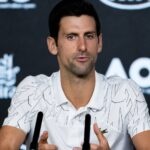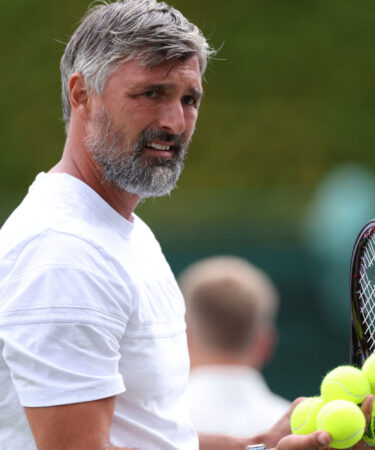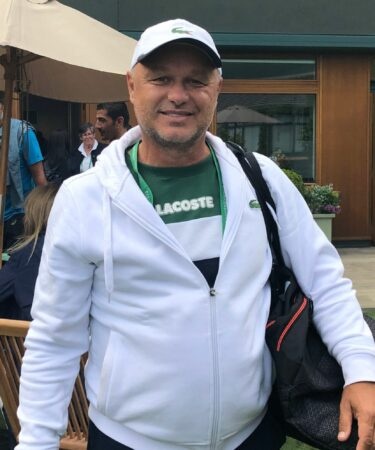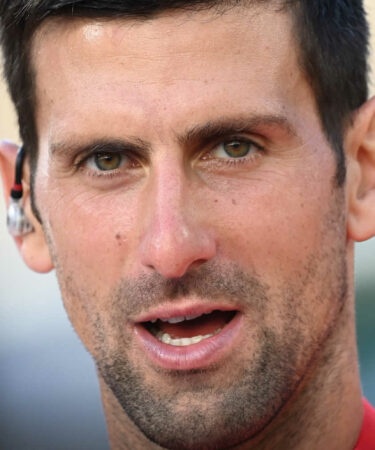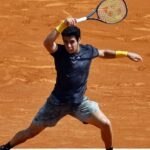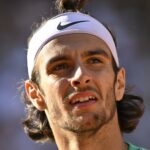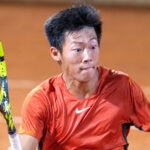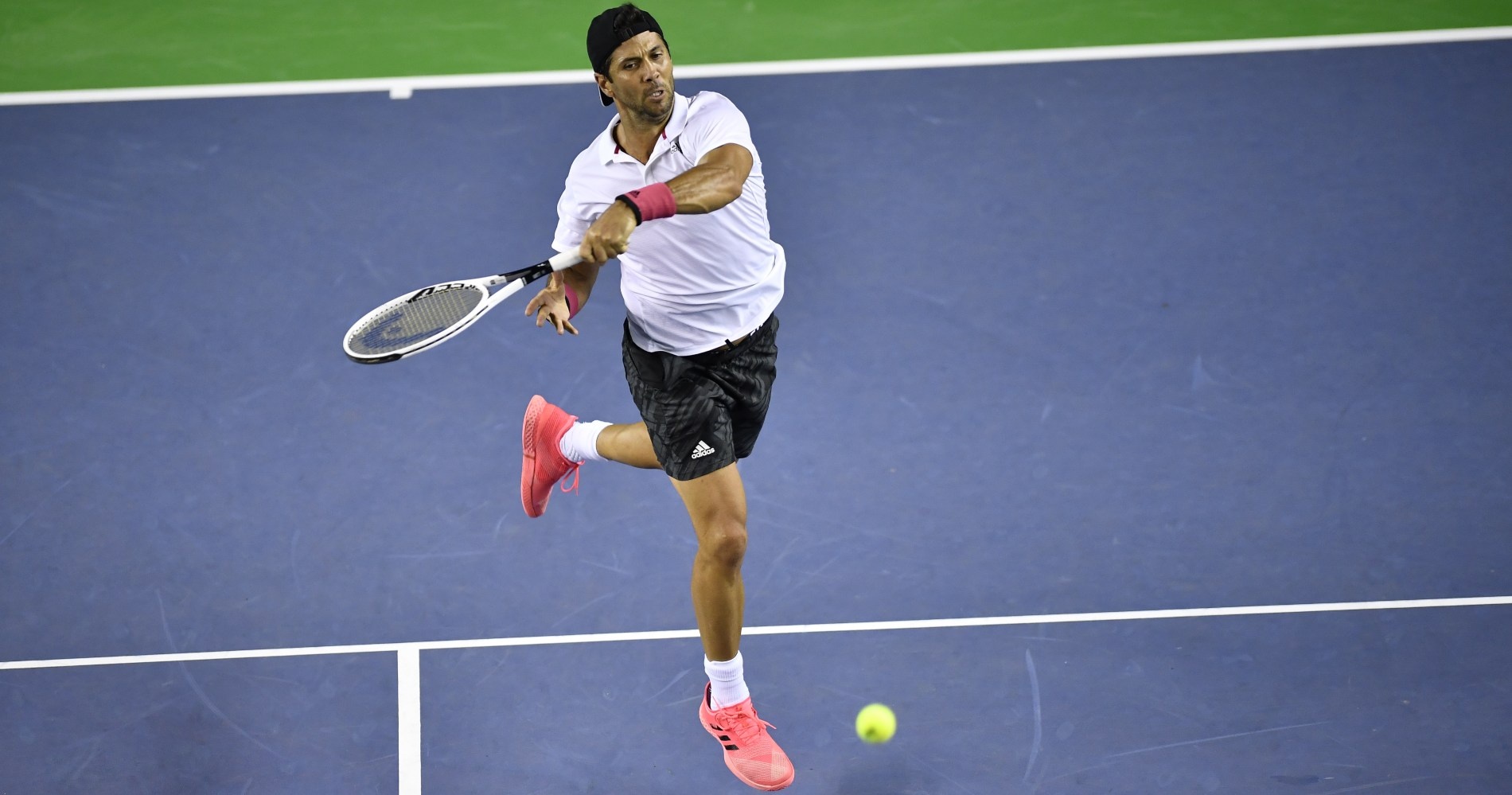Novak Djokovic: The mind that overcomes adversity
World No 1 Novak Djokovic explained the way his brain works and how he became the person and the player he is today, with the help of people that moulded him
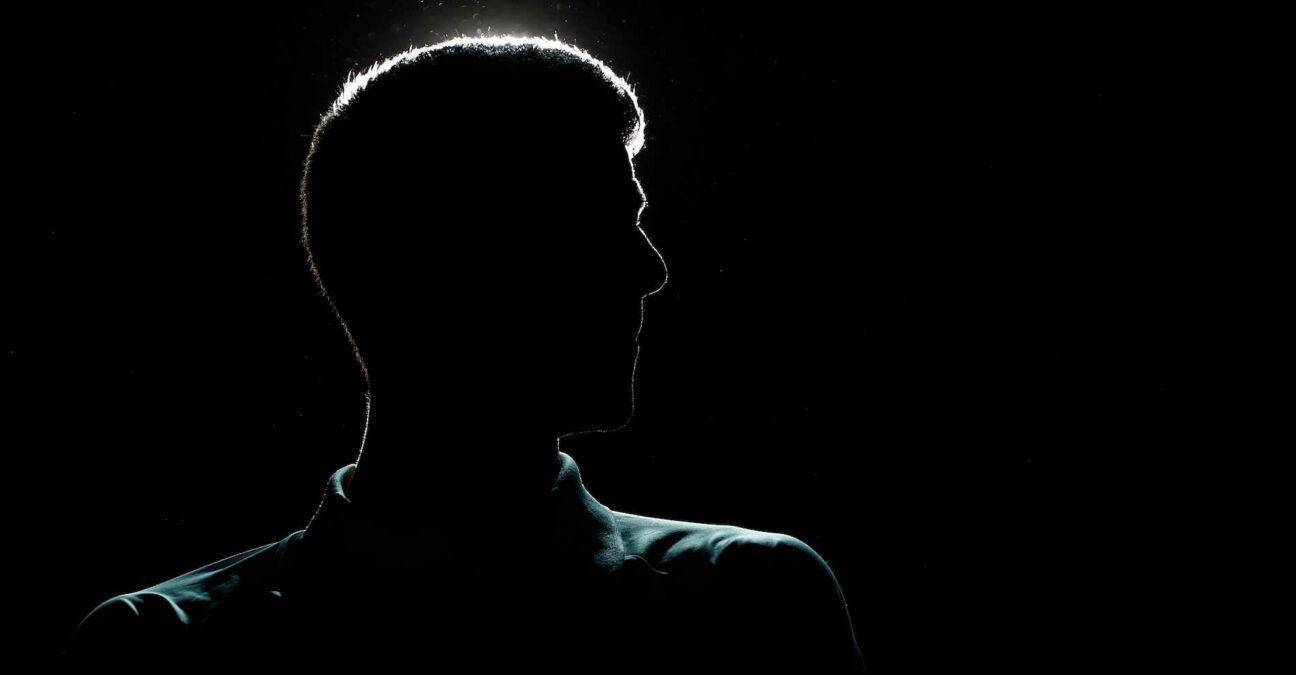 © AI / Reuters / Panoramic
© AI / Reuters / Panoramic
2021 ATP Finals, Turin | Draw | Schedule | Djokovic – Norrie (9:00 pm CET)
“Each time you lost here in the final you bounced back immediately in Wimbledon. Do you think it will be tougher this time, or is there something of a routine which can move on pretty quickly?”
Such was the question our colleague Carole Bouchard posed to Novak Djokovic after arguably the toughest defeat of his career — to Stan Wawrinka at the French Open in 2015.
“No, it’s going to be very easy. I mean, it’s going to Wimbledon and winning a trophy,” Djokovic said with a laugh. He was joking, but guess what: little more than a month later, Djokovic was holding the Wimbledon trophy in his hands.
Following painful defeats, many athletes usually feed us with the cliche about how a loss is a lesson that will make them better. But Djokovic’s ability to truly bounce back instantaneously is second to none in the world of tennis.
Djokovic: You need to take responsibility for your actions and your lifestyle
The most recent example came at the Rolex Paris Masters. On the heels of a crushing defeat in the final of the US Open (where he was on the cusp of achieving the unimaginable – winning the calendar-year Grand Slam) and a 50-day break, he arrived in Paris Bercy. Djokovic promptly lifted the trophy by beating Daniil Medvedev, to whom he had lost in New York.
Speaking to Serbian journalists after capturing the title in Paris, Djokovic was asked which personal traits of his made him maximize his potential to such an extent and how he has been able to recover so quickly after difficult losses.
“In order for you to be at the top of such a demanding individual sport, you need to know that everything is important, the 34-year-old explained: how much you practice and the way you do it, who you surround yourself with, the way you eat, how you sleep, etc. All of it affects the final product, the results on the court. I am aware of that, and that awareness came with time.”
For all his titles, one can argue that the biggest legacy Djokovic will leave to tennis is the way he has taken professionalism to a whole other level. Igor Cetojevic, the doctor who diagnosed Novak’s gluten intolerance back in 2011, had close access to the way Djokovic thinks.
I used to joke with Novak that he has got a German mentality
Dr Igor Cetojevic
“Djokovic was always thinking long-term,” Cetojevic said, “with vision in front of himself, and he always asked questions such as ‘why are we doing this?’ Novak is very bright, always seeking solutions and answers. I used to joke with him that he has got a German mentality with the way he is responsible towards himself. For instance, if we have made an agreement to try something new, he will experience it all the way before deciding whether he feels comfortable with it or not. He is persistent in that way.”
For this way of thinking, Djokovic credits the way he grew up and people that helped him to mould himself into the person and player he is today.
“Along with my parents, I had the greats of this game showing me the way: Jelena Gencic and Niki Pilic; they were tremendous mentors and big teachers not just of sport, but of life as well,” he noted. “I learned so much with them, but that does not mean that my work is done.”
Djokovic: I know that I know nothing
Quoting the Greek philosopher Socrates, Djokovic added, “‘I know that I know nothing.’ That is my attitude in life.”
So when Djokovic is willing to adapt his tactics and serve-and-volley 22 times against Medvedev in the Bercy final, or when he wins some of the crucial points of the Wimbledon final at the net, it has a lot to do with his readiness to change.
“I make an effort to be open-minded, to always bring new detail into my life – whether it is with practice, my diet, mental approach etc. Anything that will give me an edge and will allow me to improve my game, my mental approach or emotions on the court. Of course, I have my own formula, but that formula can be changed, because I am a man that changes, just like any of you. We must adapt to these changes.”
I have my own formula, but that formula can be changed, because I am a man that changes, just like any of you.
Over the course of his career, Djokovic has implemented yoga and meditation, with focus on breathing exercises. He has changed technique on his forehand and his service motion. Fitness wise, he did not just work in the gym and on the court; he also used swimming, cycling, and other more creative and fun ways to gain fitness. One of the aspects that separates him from the rest is his elasticity and ability to stretch and hit shots from seemingly impossible positions.
“Novak’s flexibility has kept him from injuries for the better part of his career,” said Miljan Amanovic, Djokovic’s long-time physiotherapist, on the importance of stretching.
“The shots from ‘impossible’ positions and slides that he performed would have certainly led other athletes to ligament and joint injuries, but his muscles were so elongated that they protected his body.”
Ivanisevic: It can get intense and heated with Novak
Djokovic often says that stagnation means regression, so he does not want to sit in one place and risk becoming complacent. Goran Ivanisevic, one of the Serb’s coaches since Wimbledon 2019, admits that it can sometimes be tough working with Djokovic.
“There are a lot of things he does perfectly, you just cannot do it any better.” Ivanišević told Tennis Majors earlier this year. “That is when the difference in opinion occurs – ours as coaches’ and his (as a player). He wants to do something better, different, but Marian (Vajda) and I do not agree. And then we start (talking): forehand, backhand, serve…. I mean, even his return, which is the best of all time, sometimes he even thinks he can do it better.”
“It is normal to have differences in opinion; it makes our collaboration interesting,” Ivanisevic added. “With Novak, I have learned a lot of new details and I have improved myself as a coach. But yes, it can get intense and heated. especially during matches. But overall, we work very well together.”
On his now permanent record-seeking quest, the next stop for Djokovic is the Nitto ATP Finals in Turin starting on November14, where he will try to win the year-end championship title for a sixth time.
“As I have said numerous times, tennis is a sport in which you have to turn a new leaf momentarily, to focus on the next challenge,” Djokovic concluded. “There is not much time to celebrate and to analyse the historic accomplishments”.
